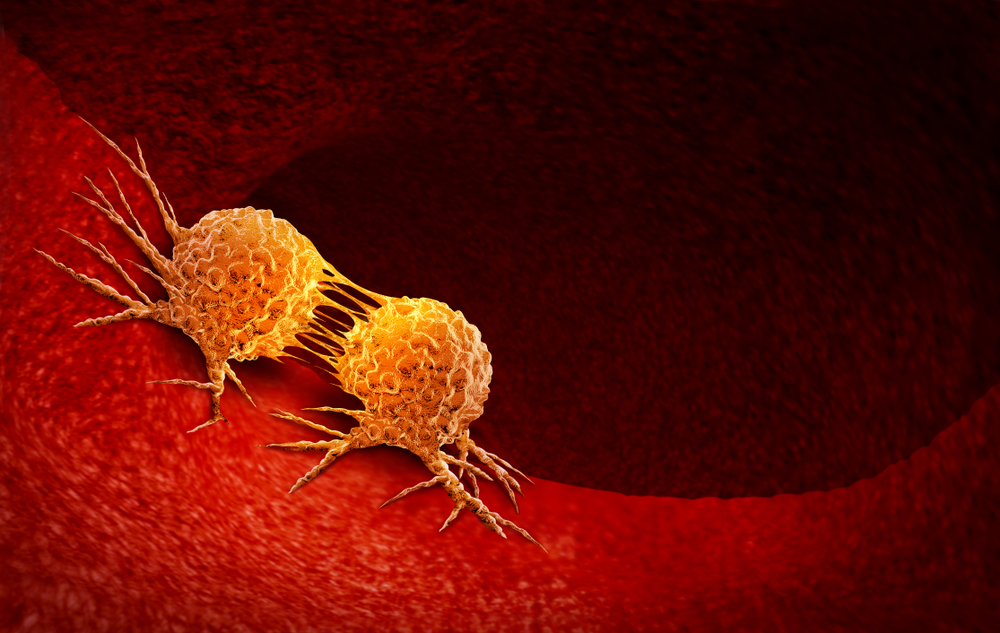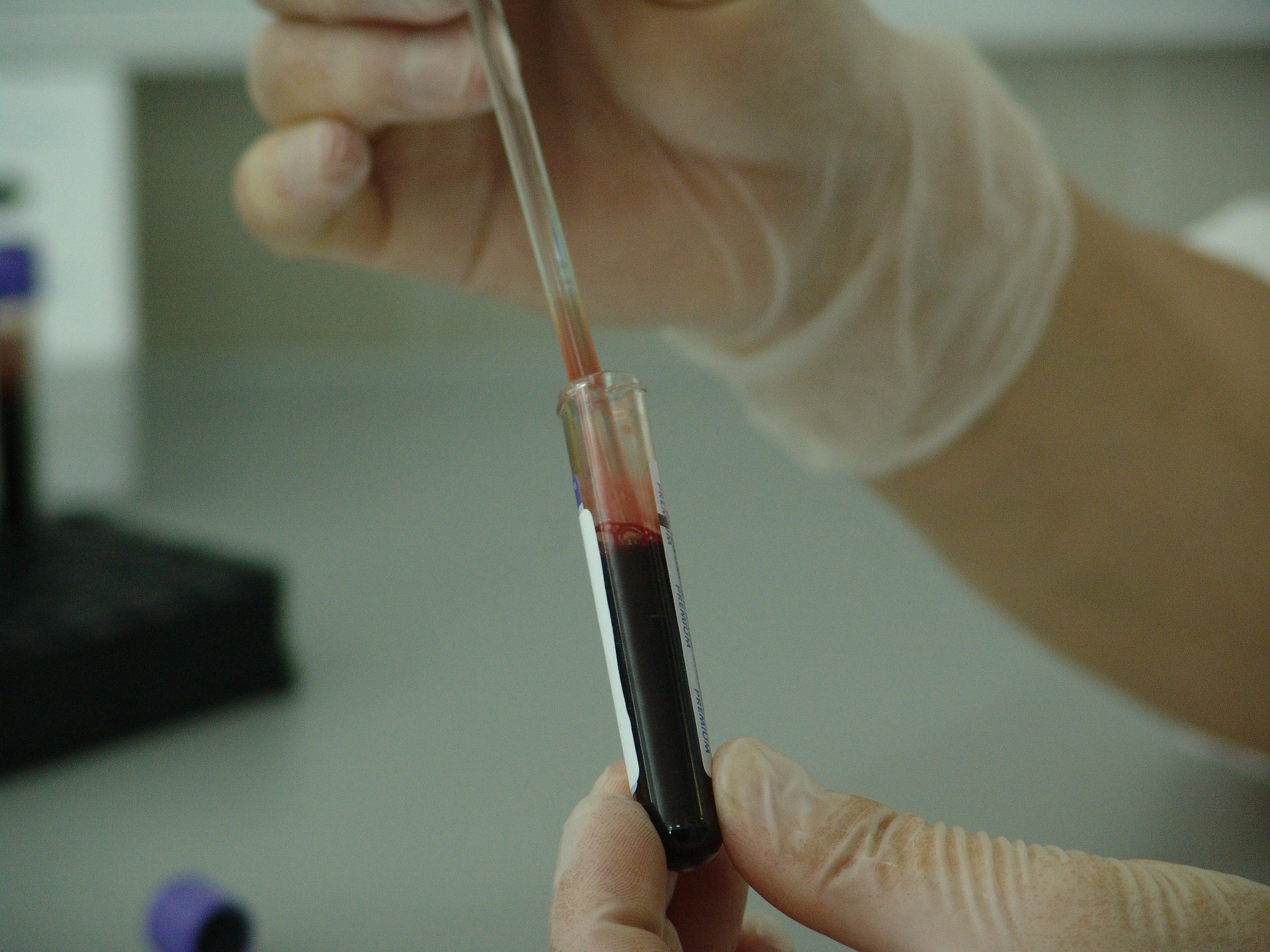At the 61st annual American Society of Hematology meeting, Bristol-Myers Squibb, Bluebird Bio, Johnson & Johnson’s Janssen, and Dana-Farber Cancer Institute scientists announced promising findings in their multiple myeloma studies.
To start off, Bristol-Myers Squibb and Bluebird Bio unveiled their study results for their CAR-T cancer treatment called ide-cel (formerly called bb2121) the day before the meeting. The data from Phase II KarMMA, showed three-quarters of treated patients responded to therapy. According to ClinicalTrials.gov, the study was developed to determine the efficacy and safety of bb2121 in patients with relapsed and refractory multiple myeloma. According to STAT News, The reason this study has been so highly anticipated is because “this could lead to the first regulatory approval for a personalized cell therapy in this type of blood cancer.”
Bristol-Myers Squibb and Bluebird Bio are in close competition with Johnson & Johnson’s Jansen, which have the same goal in mind. According to BioPharmaDive, J&J cleared cancer cells from 29 patients that were tested. Twenty-five of those patients were considered triple-refractory, which means that the disease evaded three types of treatments. After 6 months of follow-up post treatment, 27 of those 29 patients remained free of disease progression.
“For everybody to respond like this, it’s not something we typically see…All these patients are high risk. They aren’t the patients you’d expect to see a 100 percent response rate in,” said Mark Wildgust, head of global medical affairs for oncology at J&J’s Janssen unit.
J&J have enrolled a full Phase II extension of the study they call CARTITUDE-1 in order to file for approval with the FDA with both data sets complimenting one another simultaneously. According to BioPharmaDive, Wildgust says they will likely file for approval in the first half of next year, which would place them six to eight months behind Bristol Myers Squibb and Bluebird Bio.
Bristol-Myers, who have recently bought Celgene, are also in partnership with Bluebird Bio advancing their studies in CAR-T research. However, ide-cel must gain its approval before March 31st, 2021 or the contingent value rights (CVR) will be voided. Nevertheless, the data presented show promoting and positive developments with 73 percent of patients responding to treatment with sufficient dosage of ide-cel.
Related: Big Returns Expected for Bristol-Myers Squibb and Celgene Merger
Dana Farber Cancer Institute scientists also announced at the ASH annual meeting that they have been studying an agent to treat multiple myeloma and a combination therapy which is aimed at “slowing the progression of a precursor myeloma condition.”
Preclinical results used a bispecific T-cell engager (BiTE) as “an experimental immunotherapy agent to attack myeloma cells in the laboratory and in mice implanted with human myeloma cells. A BiTE is a molecular weapon with two fragments – one that binds to an identifying protein on a cancer cell, and another that binds to a protein on a cytotoxic (cell-killing) T cell, bringing them together in close proximity. This activates the T cell to attack the cancer cell.”
BiTE and CAR-T are similar to one another, but BiTE are proteins which facilitate an interaction between T-cells and tumor cells, allowing them to destroy the cancer.
“We wanted to intervene early in these patients to control the disease and delay progression by using a combination of drugs that would be convenient and with minimal side effects and for a specific period of time,” said Dr. Irene Ghobrial, co-principal investigator of Centre for Prevention of Progression of Blood Cancer (CPOP) and senior author of the study.
The patients in the study were prescribed a two-year regimen of 24 cycles of three drugs in pill form in order to treat myeloma. The drugs included, ixazomib, lenalidomide, and dexamethasone. When data was collected at the median point, the response rate of patients who completed one cycle of treatment was 91.1 percent with 14 complete responses, nine very good partial responses, 18 partial responses and four minimal responses.
According to Mayo Clinic, multiple myeloma is a “cancer that forms in a type of white blood cell called a plasma cell. Plasma cells help you fight infections by making antibodies that recognize and attack germs.” The cancer develops and accumulates in the bone marrow where they overpower the healthy cells and instead of producing antibodies, they produce abnormal proteins that cause complications. Cancer.net stated that an estimate of 12,960 deaths occur each year from multiple myeloma. It is not a common cancer, but it is the second most common type of blood cancer in the US.












Join or login to leave a comment
JOIN LOGIN